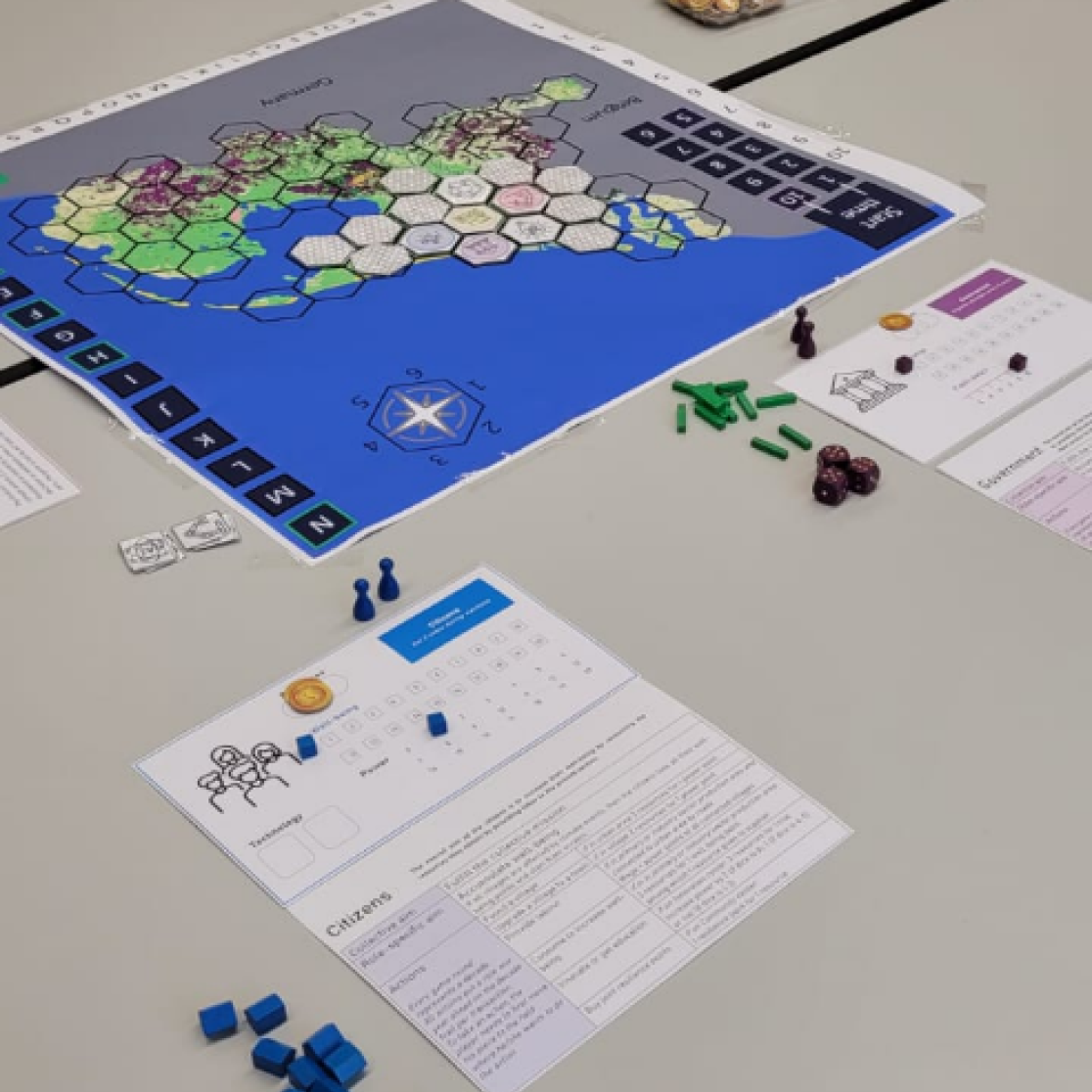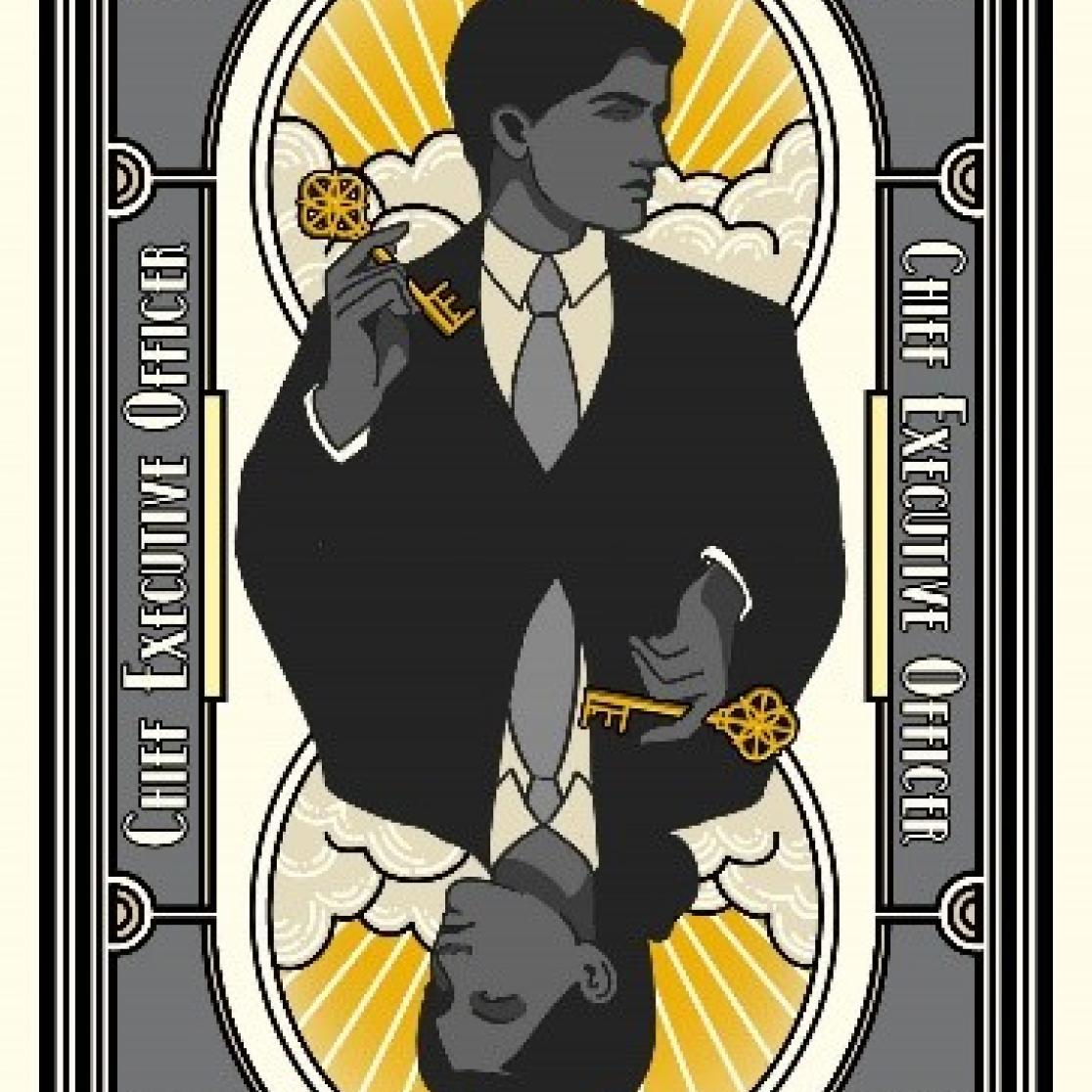Projects
What is the MILL?
Problem Based Learning is in the DNA of Maastricht University. This approach to learning intends to motivate and engage learners by organising the learning process around real world problems and challenges. With modern visualization techniques and new cognitive psychological insights, we can now take that approach to the next level.
The Maastricht Immersive Learning Lab (MILL) is a project that aims to develop immersive learning techniques in which learners will experience and interact, instead of hearing and reading about the problems they face.
Immersive learning takes the learner inside the problem or challenge at hand and thus creates an engaging learning environment in which approaches to solving the problem or addressing the challenge are experienced rather than instructed. Of course, reflection on the observed play and repeated interactions help cement the learning experience.
What does it mean for educators?
In the MILL, teaching courses thus takes on a whole new meaning. Educators will design and supervise carefully prepared, research-based scenarios in which the learners play out their assigned parts and thereby acquire the knowledge and skills required to act in response to real(istic) challenges.
Who can benefit from the activities of the MILL?
Academic and post-graduate education can thus become more effective and fun, while the same tools may help professionals interact with non-professionals to train for eventualities in a much more engaging and effective way. This will help Maastricht University researchers train responsible leaders that build resilient organisations contributing to a more sustainable society.
The first 3 pilots
Pilot 1
The first pilot took place in February and March 2024 and involved 22 master students from the course “Case studies of sustainability problems” offered to MSc Economics and MSc Economics and Strategy in Emerging Markets students. Coordinator Tania Treibich (MILE) and the MILL team developed a cooperative boardgame in which society stakeholders (Government, Industry, Citizens...) had to jointly address the climate crisis or a pandemic while keeping track of their own interests in the game. The games demonstrated how a crisis can emerge from players’ decisions, and the complexity of making stakeholders with diverging interests coming to a joint solution.
Learn more about Pilot 1 in this MORSE blog
Read below the feedback from one of the students who participated in the pilot:
Part of what makes Maastricht University so unique is the problem based learning approach. Through MILL we were able to take that one step further with gamified learning. By supplementing course material with interactive games related to both the climate and health crises we could truly put ourselves in the positions of policy makers and other stakeholders. The game was not only highly educational, allowing us to apply what we learned in class to real-world scenarios, but it was also enjoyable, making learning a fun and engaging experience.
Moreover, the game provided an excellent opportunity to practice collaboration, strategy making, and forming strategic partnerships. Working in teams, we had to collaborate effectively to analyze complex issues, devise solutions, and negotiate with other players. This not only honed our strategic thinking skills but also taught us the importance of forming alliances and partnerships to achieve common goals. Overall, the gamified learning experience at MILL enabled us to develop practical skills essential for addressing complex global challenges effectively.

Pilot 2
The second pilot is planned to take place in May 2024. The first-year Finance course is traditionally very challenging. The “Bottom Line” card game offered by Mark Sanders (MILE) and the rest of the MILL team will help students assimilate those concepts by having them play different roles within the firm (CEO, CFO, etc.) and compete against each other.
A survey implemented by Therese Grohnert (ERD) will test how the game affected the learning process and outcomes of the students who played, compared to those who did not.

Pilot 3
Nicole Rijkens (MSI), together with her team at MSI will use immersive learning to help increase the resilience of the region of Limburg by bringing a diversity of stakeholders to discuss how they can deal with shocks (which can be for example demographic, economic, ecological, technological ...). The immersive half day (4th of June, Tapijnkazerne, 9.30 - 12.30) will bring awareness and understanding about such shocks and force the participants to strategize and anticipate new ways of thinking and acting regarding uncertain and new events.
Educational innovation and research
The pilots will be evaluated via focus groups and surveys to test the effectiveness of gamification and serious games for student motivation and engagement as well as their learning outcomes. The MILL team will further improve the games as well as their integration within courses based on these feedbacks. Materials and outputs of these evaluations will be shared on this platform to inform educators and students who are interested in integrating immersive learning in their activities.
These insights represent important elements to guide further research on team judgment, decision-making processes, sustainable behaviours and policies in the context of climate change, health crises and other forms of societal change.
Want to know more? Contact us: morse-sbe@maastrichtuniversity.nl